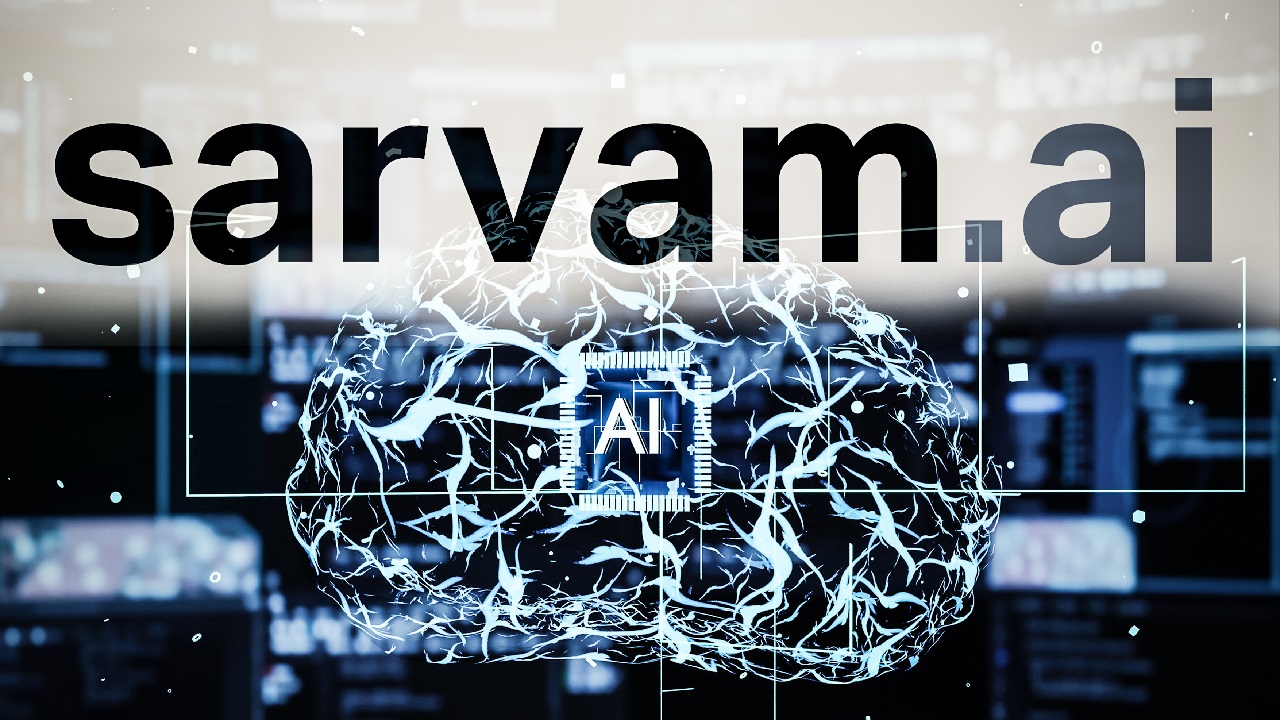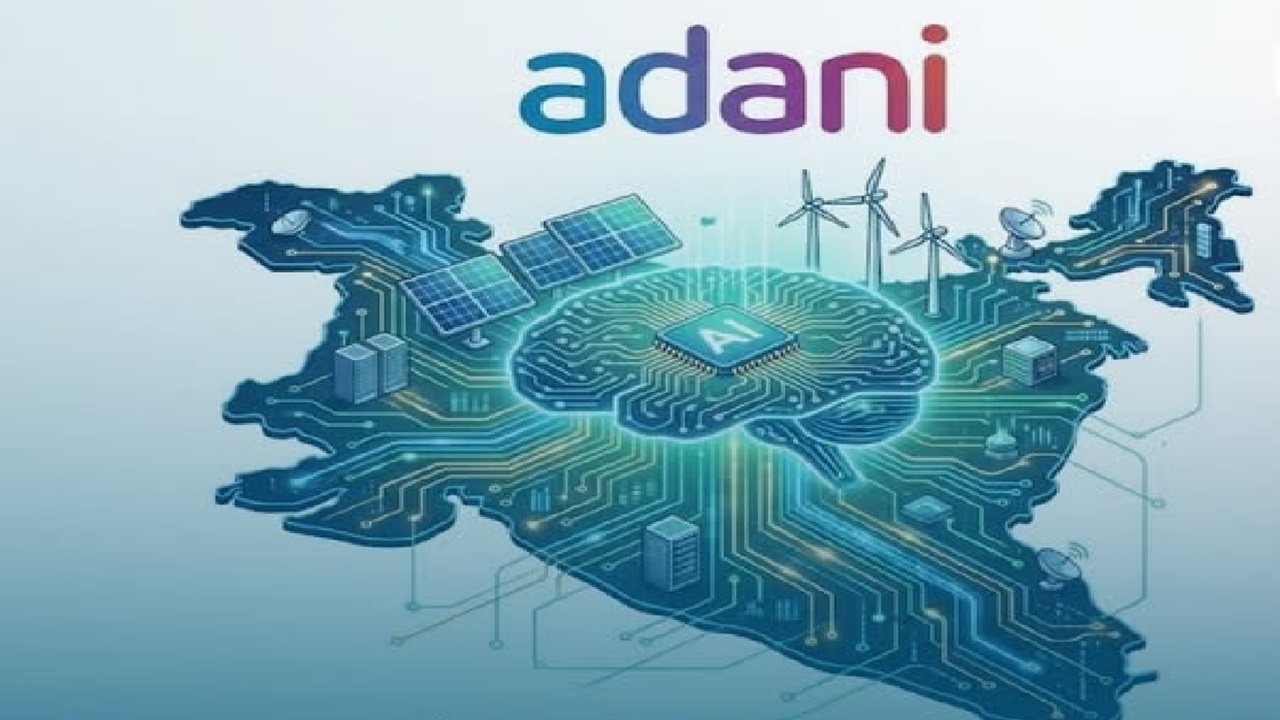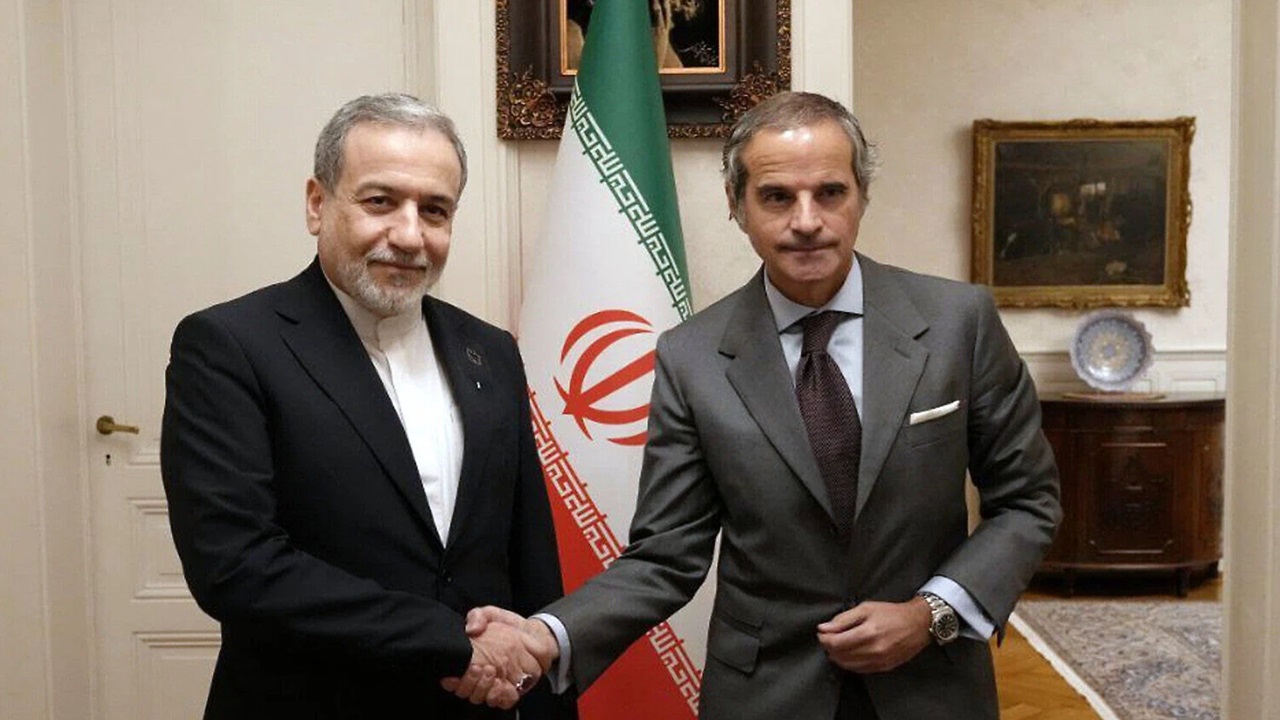The indictment of Indian business tycoon Gautam Adani and his nephew Sagar Adani by a New York grand jury on charges of bribery has set off a political and legal whirlwind. Allegations of a $265 million bribery scheme have sparked heated debates, casting a spotlight on the Indian billionaire and his sprawling conglomerate’s international dealings.
Adani Indictment: The Case So Far
A Reuters report revealed that the United States Justice Department indicted Gautam Adani, Sagar Adani, and seven others, accusing them of bribing Indian government officials to secure lucrative solar energy contracts. According to Lisa H. Miller, Deputy Assistant Attorney General for the Justice Department’s Criminal Division, the alleged bribery occurred “at the expense of US investors.”
The indictment stems from evidence presented to a grand jury, a legal body responsible for determining if there is enough evidence to bring a case to trial. The grand jury issued formal charges, paving the way for an arraignment where Adani and the other accused will face the charges in court.
Understanding the Legal Process in the US
An indictment represents a formal accusation and initiates a complex legal journey. After an investigation, prosecutors present evidence to a grand jury, which is tasked with determining whether the evidence warrants a trial.
Composition of the Grand Jury: In New York, a grand jury typically consists of 16 to 23 members selected from the general public.
Decision Process: Unlike trial juries, which decide guilt beyond a reasonable doubt, grand juries only determine whether sufficient evidence exists to proceed. At least 12 jurors must agree for an indictment.
With the indictment in place, the case moves to the arraignment stage. Here, the accused will be formally informed of the charges and asked to plead guilty or not guilty. If they plead not guilty, the case will advance to a jury trial.
Political Reactions in India
The news of Adani’s indictment has ignited strong reactions across the Indian political spectrum:
Congress Party: Rahul Gandhi accused the Modi government of shielding Adani, calling the indictment a “vindication” of his long-standing allegations of crony capitalism. “He [Adani] has broken Indian and American laws. Why is he still a free man in India?” Gandhi questioned, demanding a Joint Parliamentary Committee (JPC) investigation.
Aam Aadmi Party (AAP): Senior leader Sanjay Singh echoed similar sentiments, asserting that Adani’s alleged actions have brought “disrepute to India.”
Bharatiya Janata Party (BJP): BJP leader Amit Malviya questioned the timing of the indictment, hinting at an international conspiracy targeting India ahead of key political events.
The issue has become a focal point ahead of the Indian Parliament’s Winter Session, with opposition parties preparing to raise the matter as a critical debate on corporate accountability and governance.
Adani Group’s Defense
The Adani Group has strongly refuted the allegations, describing them as “baseless.” In a statement, the conglomerate clarified that its subsidiaries have paused proposed USD-denominated bond offerings in light of the developments. The group emphasized its commitment to transparency and compliance, asserting that the charges would not hold up in court.
What Happens Next?
The indictment marks the beginning of a potentially long legal battle:
1. Arraignment and Bail: The accused will appear before a judge, who will determine bail terms.
2. Pre-Trial Motions: Lawyers on both sides will present arguments on evidence admissibility and trial procedures.
3. Trial: If the case proceeds, a jury will determine guilt or innocence.
Wider Implications
This case has far-reaching implications:
· For Adani Group: A trial could damage the group’s reputation and investor confidence globally, especially in its renewable energy and infrastructure ventures.
· For India: The allegations of corruption involving Indian officials could tarnish the country’s image as an investment destination.
· For Politics: The case provides ammunition for opposition parties, potentially reshaping political narratives ahead of India’s next general election.
A Critical Crossroads
The indictment of Gautam Adani underscores the intricate interplay between corporate influence, governance, and global accountability. While the legal process in the US will follow its course, the case raises vital questions about corporate ethics and regulatory oversight in India. As political tempers flare and international attention sharpens, the outcome will likely reverberate far beyond the courtroom, influencing public trust in both corporate and governmental institutions.
(With inputs from agencies)








